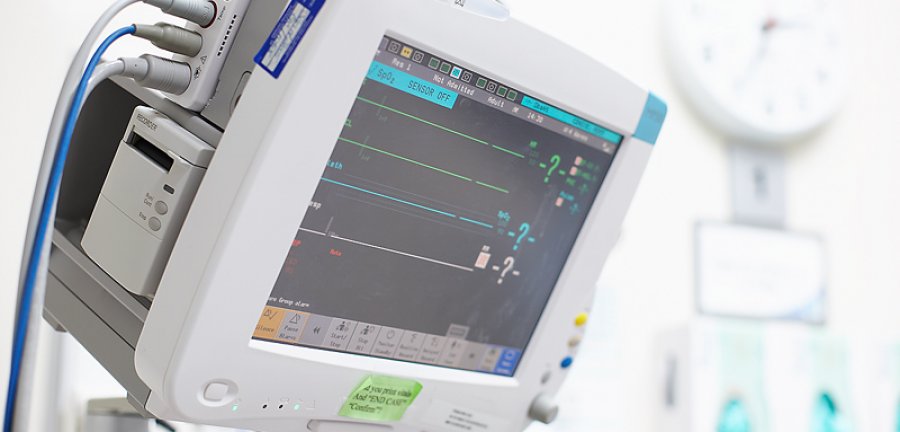
If the head of one of the country’s leading cardiology associations is vegan and urges his patients to go vegan, wouldn’t it make sense for all of us to follow his prescription for a healthier heart?
Williams went vegan after a routine blood test showed that his low-density lipoprotein (LDL) cholesterol—the “bad” kind that’s associated with heart disease—had climbed to 170, even though he thought he had been eating a healthy diet by choosing skinless chicken and fish, a moderate amount of dairy products and no red meat or fried foods.
But after doing some online research, Williams learned that a serving of the supposedly healthy chicken that he was eating had even more cholesterol—22 milligrams more—than a same-size serving of pork. When enough cholesterol and saturated fat build up around a person’s coronary arteries, the heart loses some of its blood supply, putting the person at risk for a heart attack.
Fortunately, unlike meat, eggs and dairy products, vegan foods are cholesterol-free and generally low in saturated fat. After being further inspired by the success of a heart patient who was following Dr. Dean Ornish’s world-renowned program for reversing heart disease, Williams stopped eating animal-based foods and increased his intake of tasty plant-based foods, including faux chicken, soy sausage, veggie burgers and almond milk. Within six weeks, his LDL cholesterol had fallen to 90.
His risk for a heart attack fell, too. Dr. William Roberts, the editor of both the American Journal of Cardiology and the Baylor University Medical Center Proceedings, says that for every 1 percent decrease in blood cholesterol, the risk of a heart attack is reduced by 3 percent. So if you reduce your cholesterol level from 200 to 150—the typical vegetarian’s cholesterol level—you’ll reduce your risk of a heart attack by 75 percent.
Going vegan is the best way to reduce your cholesterol and your saturated fat intake. Dr. Michael Greger, a founding member of the American College of Lifestyle Medicine, recently explained in a NutritionFacts.org blog that even sedentary vegans have healthier carotid arteries—the ones that connect the heart to the brain—than people who eat meat, eggs and dairy products and that vegans actually have better arterial health than endurance athletes who eat animal-based foods.
Dr. Ellsworth Wareham, a 100-year-old retired heart surgeon who was active at Loma Linda University in California until he was 95, went vegan in midlife after reading about the cholesterol-raising effects of eating animal protein. He credits his longevity and mental clarity in large part to his vegan lifestyle.
Williams believes it would be a laudable goal for the ACC to put itself out of business within a generation or two. Perhaps with him at the helm—a vegan leading by example—this will be possible. Regardless, American Heart Month is a fitting time for us all to start moving toward that goal, simply by choosing great-tasting vegan foods instead of animal-based ones.





